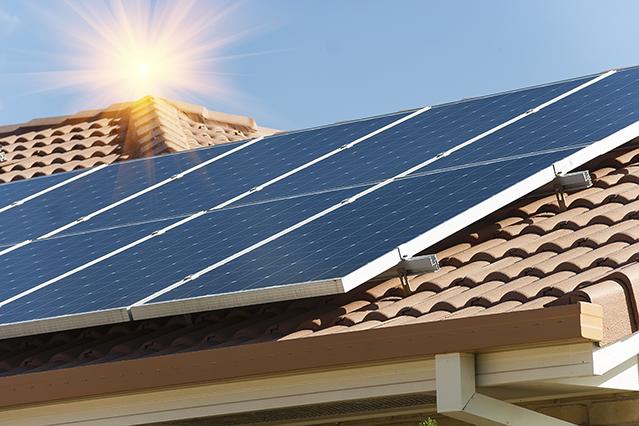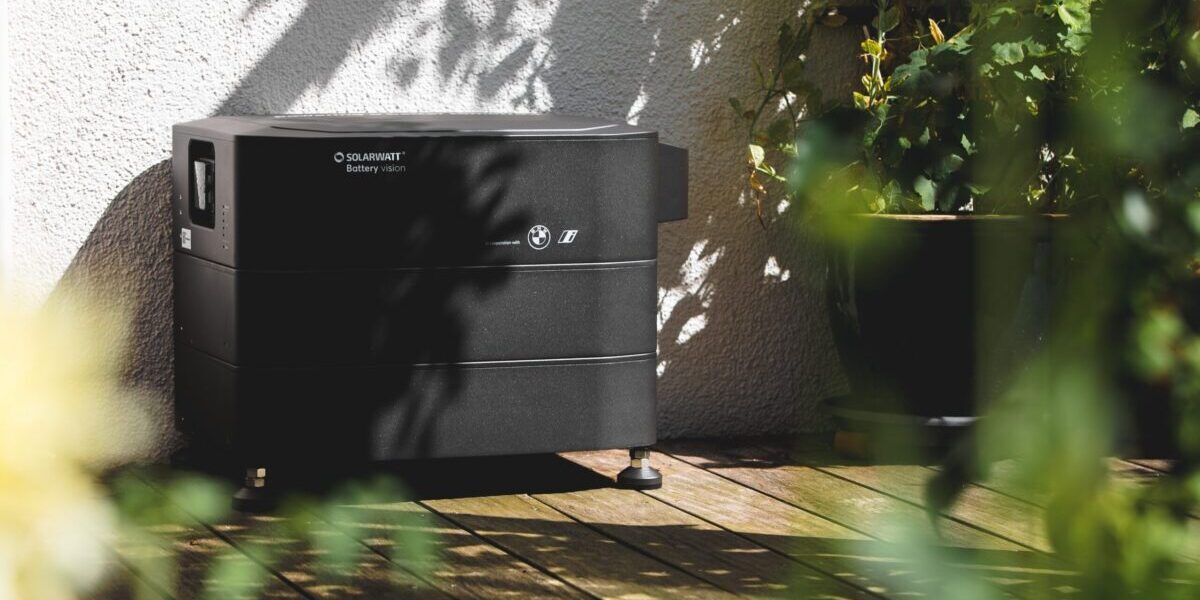In an industry where the ability to access low-cost capital is a decisive factor, financial innovation can be a key edge for companies. Securitization, or the pooling of distributed solar assets which are marketed as securities, has been heralded as one of the more significant developments in allowing the solar industry to access cheaper capital, and the model is slowly spreading to more companies.
Earlier this week Kroll Bond Rating agency announced that it had provided ratings for $255 million in asset-backed securities which represent third-party solar provider Sunnova’s first foray into securitization. Sunnova’s two classes of bonds will be backed by a pool of nearly 14,000 solar leases and power purchase agreements, as well as solar renewable energy credits (SCRECs), all associated with residential PV the company has deployed.
This provides an aggregate discounted solar asset balance of $300 million, and Kroll notes that the transaction benefits from overcollateralization. The residential PV arrays which back the notes are located in 14 states, Puerto Rico and Guam, with 71% of the value in California, New Jersey and Puerto Rico.
To further back the deal, Sunnova is including a liquidity reserve account and an account to fund the replacement of any inverters that go bad.
SolarCity pioneered the securitization of distributed solar assets, launching the sector’s first transaction in November 2013. But while the company had launched four securitizations by the end of 2015, it took until the mid-2015 for the second thirP-party distributed solar provider, Sunrun, to launch a securitization transaction. Additionally, a number of Property Assessed Clean Energy (PACE) providers have also launched securitization transactions.
This content is protected by copyright and may not be reused. If you want to cooperate with us and would like to reuse some of our content, please contact: editors@pv-magazine.com.



By submitting this form you agree to pv magazine using your data for the purposes of publishing your comment.
Your personal data will only be disclosed or otherwise transmitted to third parties for the purposes of spam filtering or if this is necessary for technical maintenance of the website. Any other transfer to third parties will not take place unless this is justified on the basis of applicable data protection regulations or if pv magazine is legally obliged to do so.
You may revoke this consent at any time with effect for the future, in which case your personal data will be deleted immediately. Otherwise, your data will be deleted if pv magazine has processed your request or the purpose of data storage is fulfilled.
Further information on data privacy can be found in our Data Protection Policy.